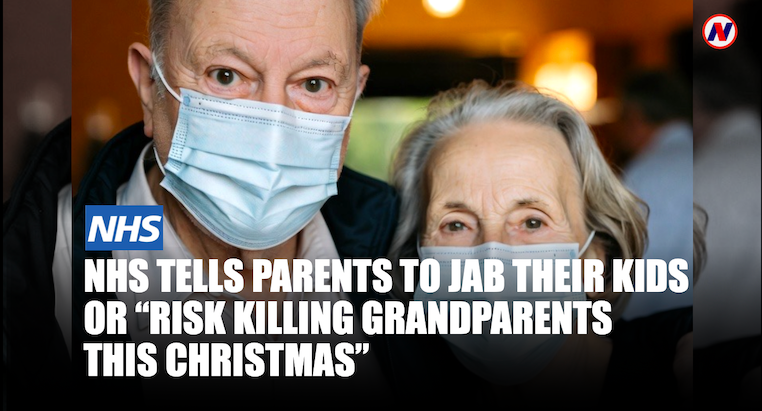Police Trial New Facial Recognition System That Can Predict Your Mood
- Vision News

- Aug 29, 2020
- 2 min read

British police are set to trial a facial recognition system they say will be able to predict your intentions via micro-expressions on your face via CCTV images.
In echos of the sci-fi film Minority Report that featured cops using a system of identify crimes before they occurred, Lincolnshire Police intend to use a system to search CCTV footage in order to find people displaying particular moods via body language and micro-expressions. They even claim that wearing certain articles of clothing, such as hats and sunglasses, will attract the system.
Lincolnshire police were given a grant by the Home Office to trial the system in the market town of Gainsborough. However, ethical considerations have slowed the progress of the trial whilst residents of Gainsborough were unaware they would be used as lab-rats in this way.
A police spokesperson said that the footage will be deleted after 31 days and that the police force will carry out a human rights and ethical assessment before the trial commences. Even so, critics fear that this will be too great an infringement on one’s privacy. Campaigners have pointed out that Police do not have the right to examine anyone without reasonable cause.
“There’s a huge amount of money from the Home Office for this technology and they’re getting themselves into legal trouble, breaching human rights and expanding state surveillance while no one is watching,” said Silkie Carlo, director of civil liberties group Big Brother Watch.
It is currently unknown exactly how this technology will work, either in terms of communication from the police or in terms of scientific research. This has caused groups to initiate a campaign to ban the technology, such as the research institute AI Now, who called for a ban back in 2019.
Vision News reported back in March that police forces around the country had been using drones with similar facial recognition technology and Oxford council had been using its residents to trial software that could identify anyone breaking social-distancing rules. In none of these cases were the general public consulted before or during the the trial they were the subject of.




Comments